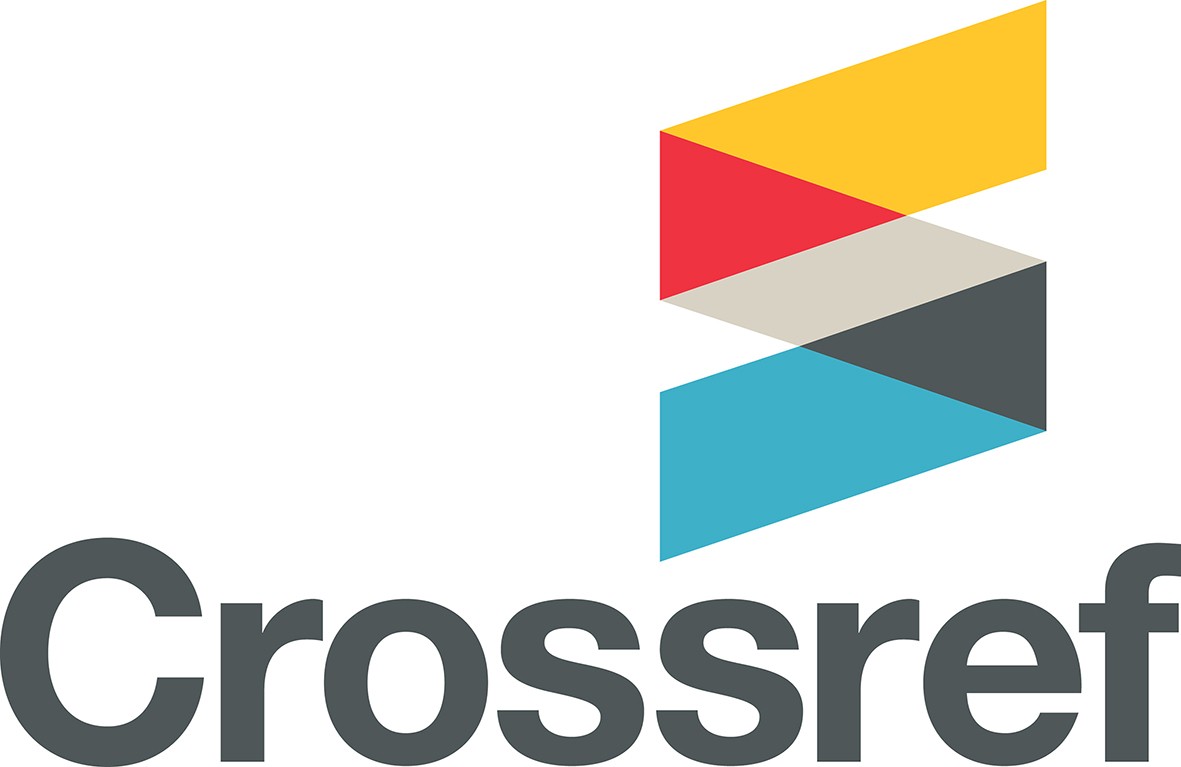Improved Dynamic Frame Size with Grouping Slotted Aloha (IDFSG)
Abstract
Radio Frequency Identification (RFID) system is an emerging technology in field of automatic identification and object tracking. It’s a wireless communication between sender tag and receiver via radio frequency. One of the challenges it faces is tag collision at reader. It’s an important factor that determines the performance of RFID system. Different approaches and algorithms have been developed to reduce collision and to efficiently read the RFID tags. The basic concept is the best utilization of time slots between reader and tag during data transmission. DFSG algorithm improves EDFSA by implementing dynamic group sizing technique. However it is dependent upon initial frame-length. The proposed algorithm removes initial frame-length dependency. The proposed algorithm is compared with previous techniques. Identification time, iteration taken to read group and system efficiency comparison is included in this research work. The proposed algorithm shows improved results for Identification time, iteration taken to read group and system efficiency is much closer to possible ideal values.








